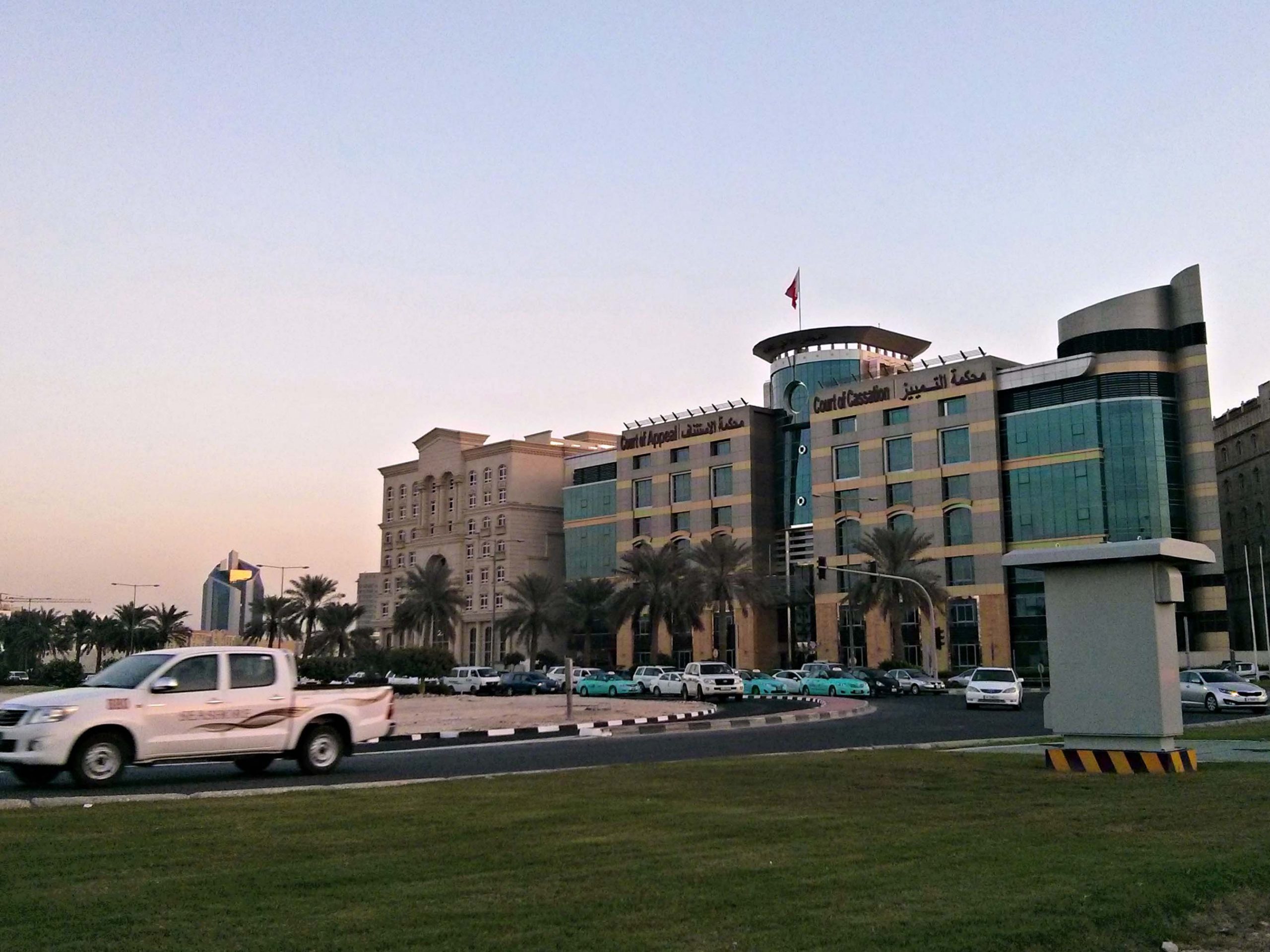
United Nations officials will arrive in Qatar early next week to examine the country’s legal system, particularly looking at the independence of judges, lawyers and prosecutors.
Special rapporteur Gabriela Knaul will begin her eight-day, government-sanctioned investigation on Sunday. It will be the inaugural visit to Qatar by a UN expert on the independence of judges and lawyers, according to the organization.
In a statement, Knaul said:
“My visit will focus on both the achievements and shortcomings of the country in ensuring the independence of the judiciary and the free exercise of the legal profession.
I will also concentrate on key issues regarding the administration of justice, such as guarantees of due process and fair trial, equal access to justice and legal aid, the position of women in the justice system, accountability processes for judicial actors, and issues related to the independence of judges of foreign nationality.”
The agenda
Knaul added that she has planned to meet with judges, prosecutors, lawyers, academics, diplomats, legislators, government officials and other UN representatives.
That includes a chat with local lawyer and former justice minister Najeeb al-Nauimi, who has been an outspoken critic of Qatar’s legal system. Speaking to Doha News, al-Nauimi confirmed that he will be meeting with the special rapporteur.
“We need to reform our justice system,” he said on Thursday.
He said officials “play games” with the country’s laws and that “judges don’t use their discretionary power when applying judgments.”
In October, al-Nauimi represented jailed Qatari poet Mohammed Rashid al-Ajami (Ibn Al Dheeb) in an unsuccessful appeal of his conviction to the country’s highest court. Al-Nauimi argued that there was no evidence to support the charges, and was critical of prosecutors’ investigations as well as the role of the country’s attorney general.
Strained system
Several of those involved in recent high-profile legal cases say the workings of Qatar’s justice system can be opaque, and the reasons behind decisions taken by prosecutors and judges are often unclear.
For example, former Nepali teacher Dorje Gurung – accused of insulting Islam in remarks to his students – described being paraded in front of different prosecutors without the ability to contact witnesses or mount a defense.
More recently, the families of several victims of the Villaggio fire have said they are frustrated with the slow pace at which appeals of last summer’s involuntary manslaughter convictions are proceeding. A judge postponed a hearing last November after two of the defendants failed to show up.
Lawyers employing delay tactics have been blamed for a growing backlog of cases winding their way through Qatar’s justice system, which is also struggling to keep up with the country’s surging population.
Government officials hoped that raising the compensation of judges and prosecutors last August would attract more individuals to the profession and help clear the backlog, as well as shoring up the independence of the judiciary.
International spotlight
Knaul will hold a press conference to outline her findings at a press conference in Doha on Jan. 26 before preparing a report that will be presented to the UN Human Rights Council.
This will be the second visit by a UN special rapporteur to Qatar in recent months. François Crépeau, who heads the organization tasked with investigating the human rights of migrants, came to Qatar last November. It was also that organization’s inaugural visit to the Gulf country.
Crépeau – who requested and received an invitation from the government to visit – produced recommendations that were critical of Qatar’s sponsorship (kafala) system and the country’s enforcement of its labor legislation.
Thoughts?







